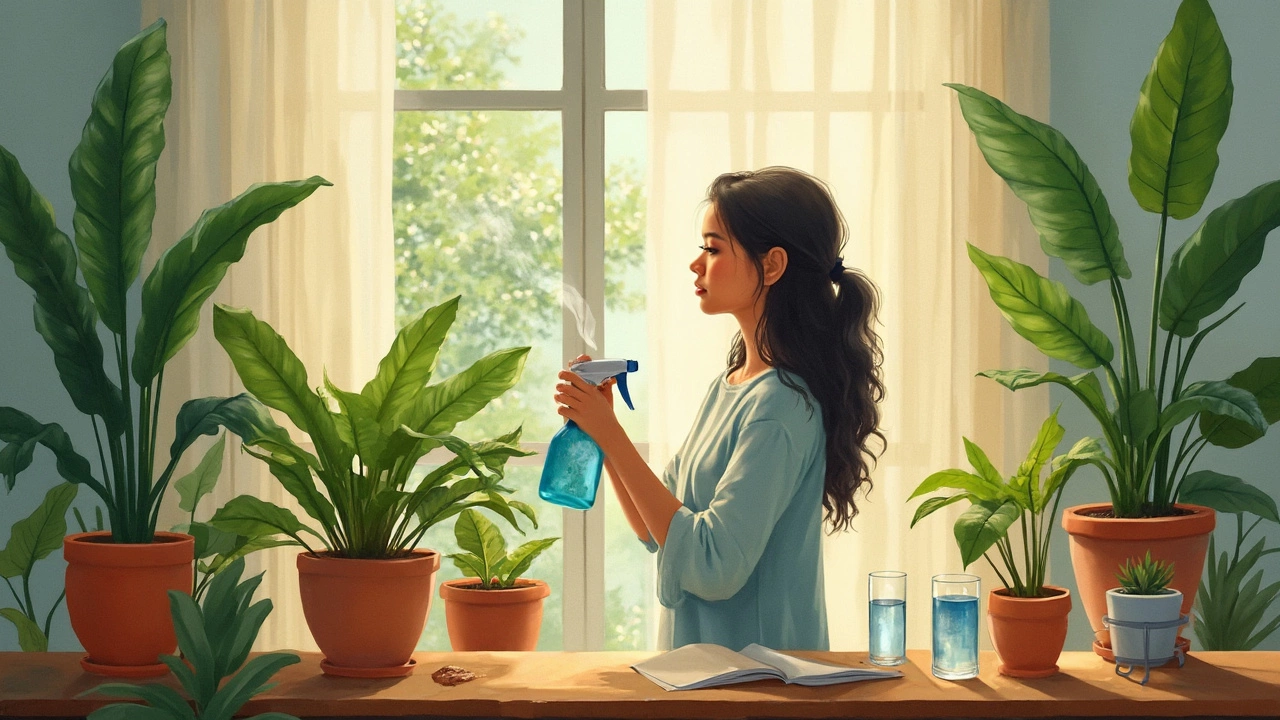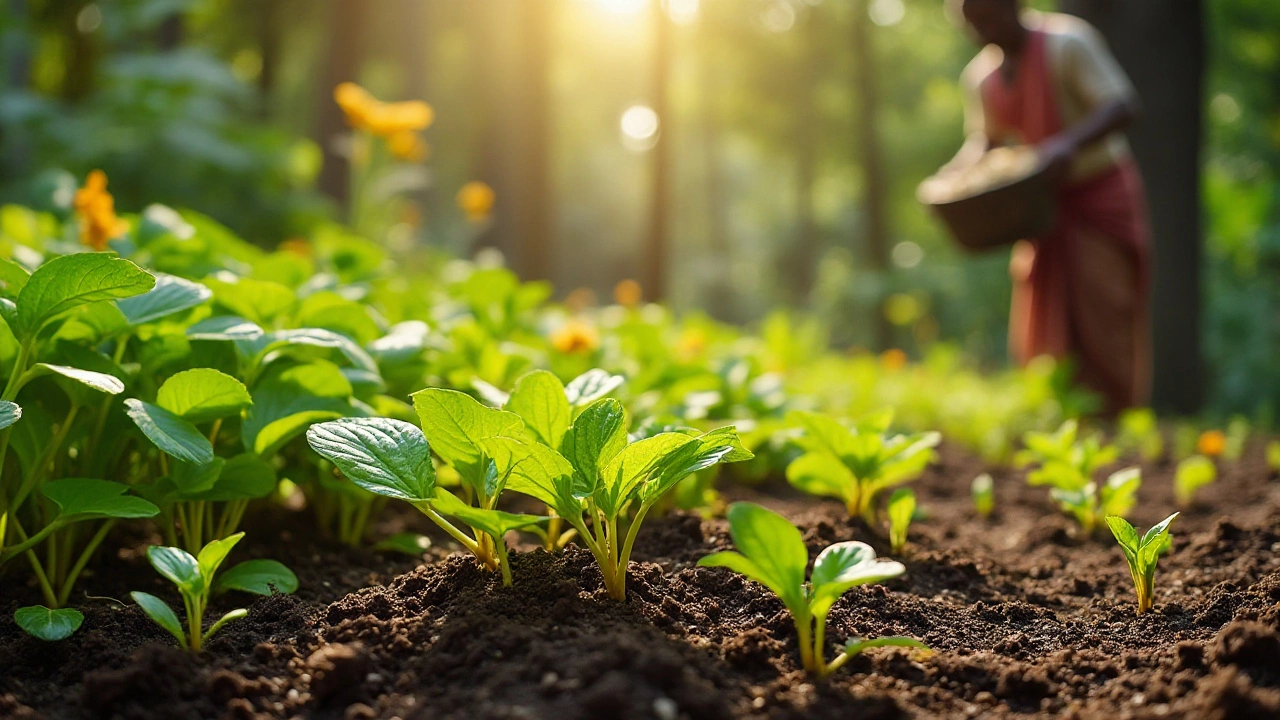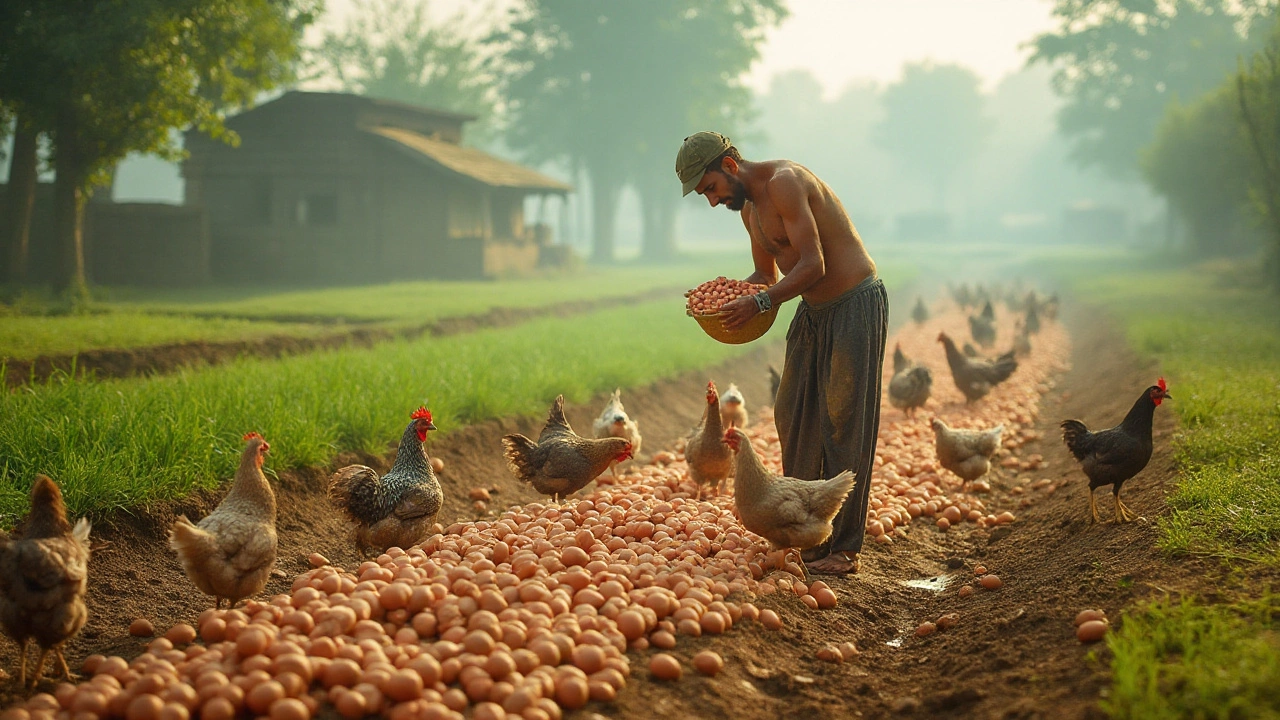Water Quality: Essential Insights for Sustainable Gardens and Factories
When you hear the term water quality, think about the condition of the water you use for plants, cleaning, or industrial processes – its purity, pH, mineral balance, and any contaminants. Water Quality refers to the chemical, physical, and biological characteristics of water that determine its suitability for a specific use. Also known as water purity, it directly affects crop health, equipment lifespan, and even product safety.
One of the closest companions to water quality is Soil Moisture the amount of water held in the soil matrix, influencing plant uptake and microbial activity. Good water quality ensures soil moisture stays within the optimal range, preventing salt buildup or nutrient lockout. Another key player is Drip Irrigation a low‑flow watering system that delivers water directly to plant roots, minimizing waste and runoff. Pairing high‑quality water with drip irrigation lets you fine‑tune moisture levels, which is why many of our guides stress testing water before setting up a drip network.
Why Water Quality Matters Across Every Post Below
Our collection covers everything from container garden watering schedules to large‑scale manufacturing concerns. For example, the article on daily watering of containers explains how to test soil moisture and adjust the schedule based on the water’s pH and hardness – both water‑quality factors. Similarly, the piece on drip irrigation installation walks you through selecting filters that protect your system from mineral deposits, a direct water‑quality issue. Even the discussion about no‑till gardening notes that stable water quality helps maintain soil structure, reducing the need for frequent tillage.
In manufacturing, water quality isn’t just about plants. The posts about plastic demand, steel production, and pharmaceutical manufacturing all rely on clean process water to avoid product defects and equipment corrosion. Good water quality lowers maintenance costs, improves yield, and supports sustainable practices – a theme that runs through our entire tag archive.
By understanding the three core relationships – water quality encompasses soil moisture, water quality requires proper filtration and monitoring, and water quality influences both gardening outcomes and industrial efficiency – you’ll be ready to apply the right tips from the articles below. Whether you’re a hobbyist gardener checking moisture with a simple stick, or a plant‑based factory manager installing a new water‑treatment line, the principles stay the same.
Now that you’ve got the big picture, scroll down to explore detailed guides on container garden watering schedules, step‑by‑step drip‑irrigation installs, the science behind no‑till soil health, and the impact of water purity on manufacturing sectors. Each post builds on the core ideas introduced here, giving you actionable steps to improve both your garden and your production line.
Is Tap Water OK for Plants? Know What You're Pouring
Ever wondered if your tap water is hurting your indoor plants? This article breaks down what’s really in that glass you pour for your leafy friends and how it can affect them. Get practical tips for making tap water safer for your greens, learn about the minerals and chemicals that could stress your plants, and pick up hacks for when bottled water just isn’t an option. If you love houseplants and want them to thrive, you’ll want to know the real deal about tap water.
Can I Mist Plants with Tap Water? What Every Indoor Gardener Needs to Know
Misting is a go-to trick for boosting humidity around indoor plants, but is tap water safe to use? This article breaks down what really happens when you spray your plants with tap water, spotlighting what’s in it and how different plants might react. You’ll get straight-up answers plus useful tips on making your misting routine safer and more effective. Ever wondered if you should be worried about tap water stains or leaf damage? Or which plants really benefit from misting? Here’s the real dirt—so you don’t accidentally harm your green buddies.
- manufacturing
- India
- food processing
- garden tips
- rice cultivation
- government schemes
- balcony garden
- urban gardening
- balcony gardening
- profitable business
- business ideas
- plastic manufacturing
- drip irrigation
- plant care
- steel manufacturing
- sustainable gardening
- startup ideas
- steel industry
- flower gardening
- textile manufacturers






